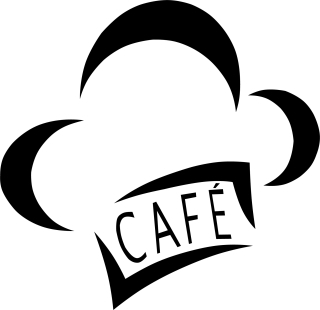
CAFÉ Embraces Change in the Culinary Field
07 February 2020Definition of change (verb): make or become different. CAFÉ can help with that.
By Mary Petersen, CAFÉ President
If I look back on the 80s, we were challenged to evaluate culinary arts programs to meet industry standards, while allowing them to keep their “uniqueness.” Some examples saw how institutions ran successful catering programs and campus restaurants, where others offered extensive foreign exchange programs, and some were top-heavy with master chefs.
They all had fundamental knowledge and competencies which, at the time, were considered essential for a culinary graduate. Courses in baking, garde manger, ice carving, international and regional cuisines and more were basic 101 culinary arts classes. Guidelines required sanitation, nutrition and management skills be taught as they were all a part of what an entry-level culinarian needed for employment.
Fast forward three decades and culinary educators face:
- Incorporating cooking techniques via electronics
- Re-evaluating the wisdom of apprenticeship-style training in response to industry-driven requirements in addition to (or sometimes in place of) academic requirements
- Looking for unique offerings in order to lure students to our programs, ranging from innovation centers to programs emphasizing sustainability, waste reduction and more
- Endorsing culinary stars as well as considering food trucks
And the list goes on. Nothing is quite like it was, but nothing is quite like it will be either. And CAFÉ is here to partner with you as you move forward and help you build new foundations, become experimental and help recognize the required leadership skillset. Here is how we can help with that:
The Deans and Directors Retreat, March 13-15 hosted by Delgado Community College, New Orleans, is centered on listening to different voices explaining their ideas and challenges faced as they look to introduce “new” pathways.
Our job is to ask good questions and listen carefully to the answers. All the while gathering information from a variety of resources, both internal and external to the industry. Some topics to be discussed include future food/art and science, cannabis, plant forward food, culinary science, student career paths, stealth health, program funding and food product development.
The first-ever Taste of CAFÉ Culinary Educators’ Workshop will be held at Auburn University on Feb. 21. This new one-day workshop will focus on sustainability in culinary education, culinary trends and instructional technologies in the classroom. Although this is the first one-day workshop, it won’t be the last. CAFÉ will offer these short workshops around the country centering on relevant culinary education topics to help educators stay current.
Finally, although it is the 16th Leadership Conference offered by CAFÉ, each year the topics change and reflect the current culinary education environment and the future needs of our industry. Held in Portland, Maine, on June 17-19, this year’s program features master class field trips, trend presentations from aquaculture and foraging for mushrooms, the future of pork, and winning cooking competition strategies. Of course, no conference would be complete without culinary education best practice presentations. Attendees will have 16 topics from which to choose!
Yes, CAFÉ is asking pertinent questions on behalf of culinary educators and listening to the experts’ advice. We bring that information to you weekly in a short update email that delivers quick, interesting and helpful culinary information right to your mailbox. Not receiving these messages? You can click here to sign up! Also, Gold Medal Classroom is our monthly ezine that brings you industry trends, culinary education topics, our Meet the Growers articles and columns by educational leaders. You don’t want to miss that.
Remember the quip from Mark Twain, “I'm in favor of progress; it's change I don't like.”
Act accordingly and embrace change and you, too, will have a lifetime of progress. And, let CAFÉ help you along the way.
